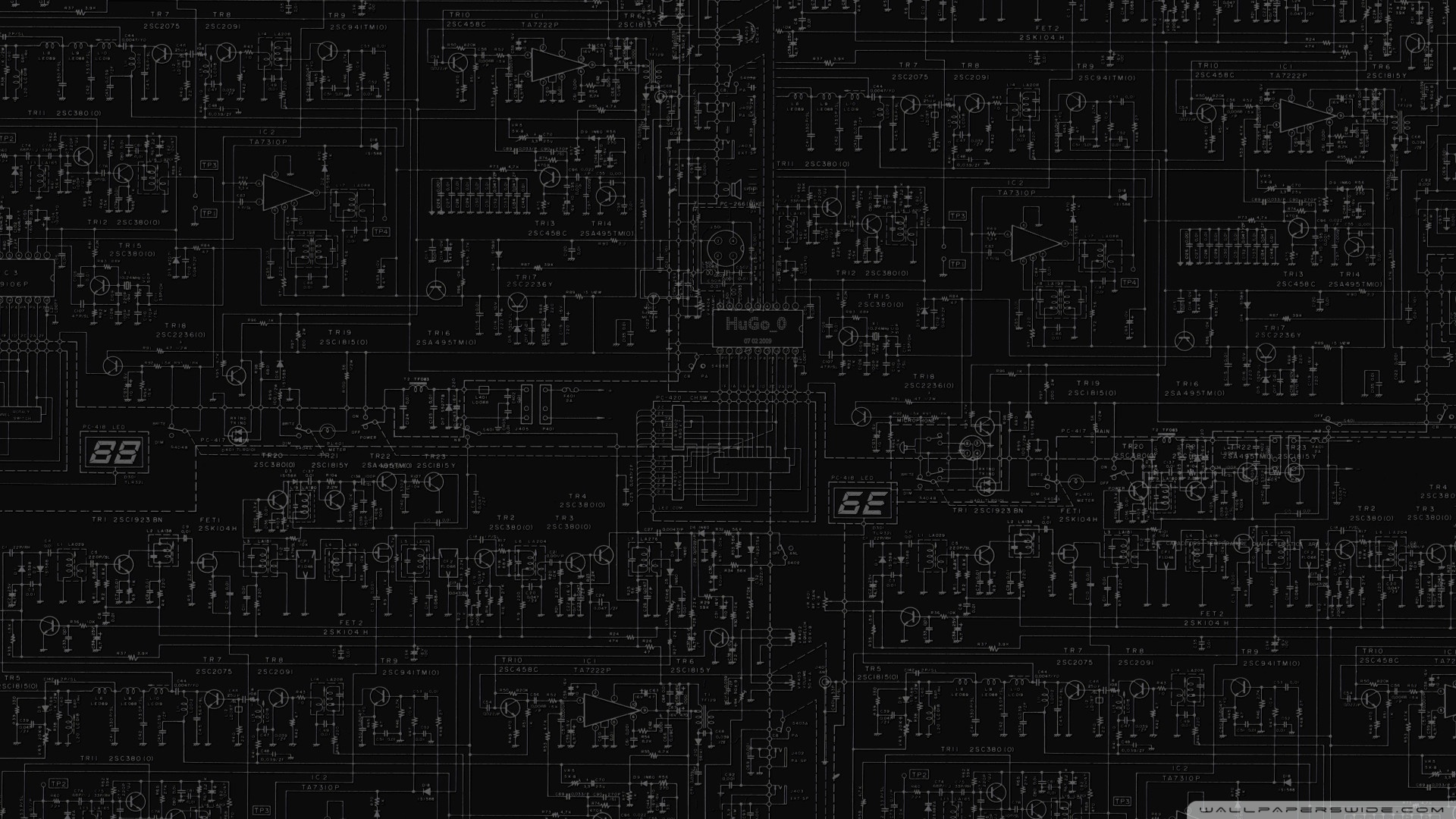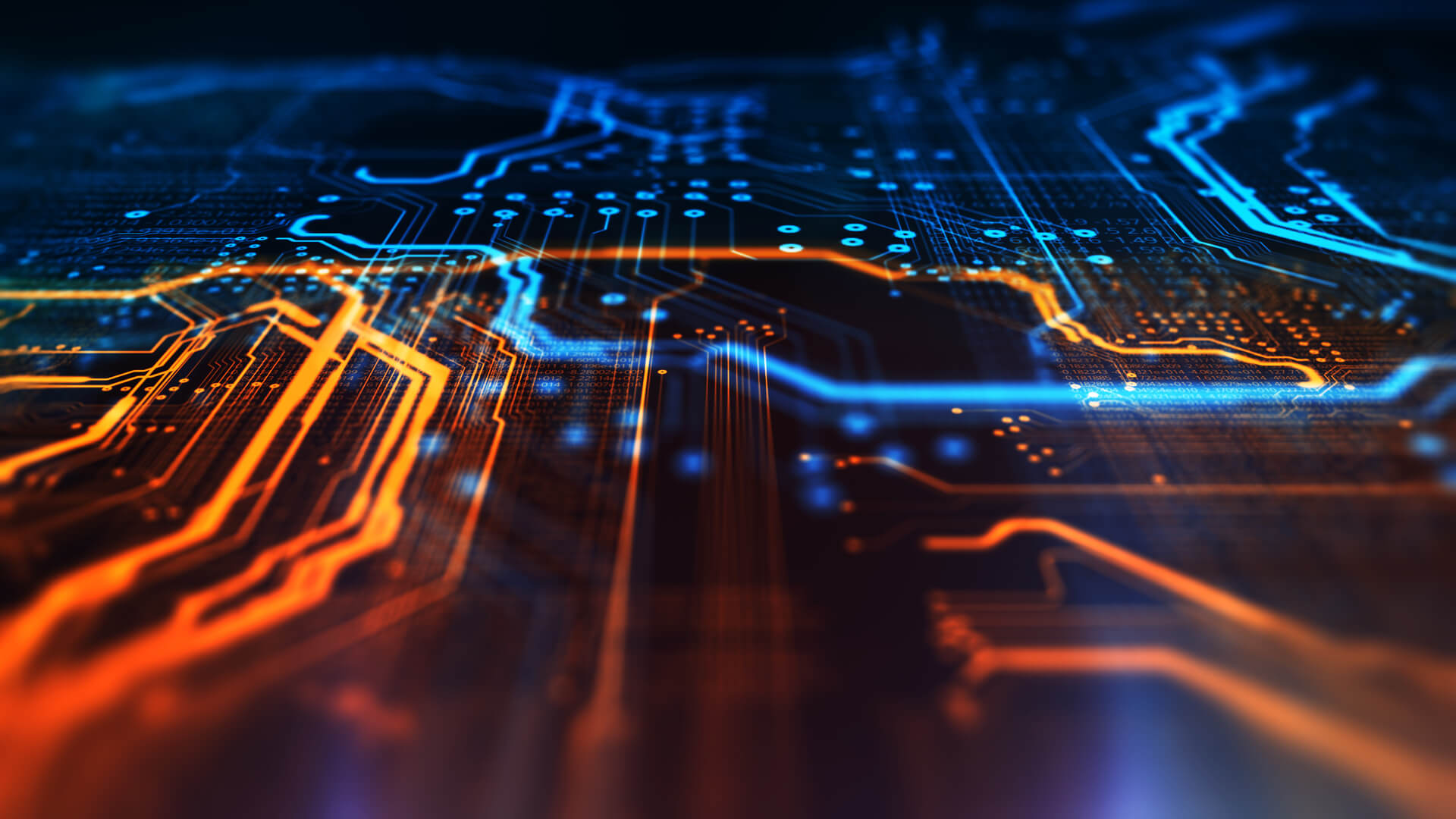tinus_taljaard
Epic Member
Hi guys,
I really don't know much about inverters but this load shedding is gonna make me lose my mind!
I've seen a couple threads suggesting to stick to lithium batteries and only go for pure sine wave inverters, but I'm a relatively strict budget after just spending a lot on moving and furniture, SO,
what's the best bang for buck quality inverter and battery combo that you guys would recommend that could keep the average gaming PC running for about 2 hours at least? I would prefer a solar ready one and maybe get a pannel or 2 connected later on.
I really don't know much about inverters but this load shedding is gonna make me lose my mind!
I've seen a couple threads suggesting to stick to lithium batteries and only go for pure sine wave inverters, but I'm a relatively strict budget after just spending a lot on moving and furniture, SO,
what's the best bang for buck quality inverter and battery combo that you guys would recommend that could keep the average gaming PC running for about 2 hours at least? I would prefer a solar ready one and maybe get a pannel or 2 connected later on.











